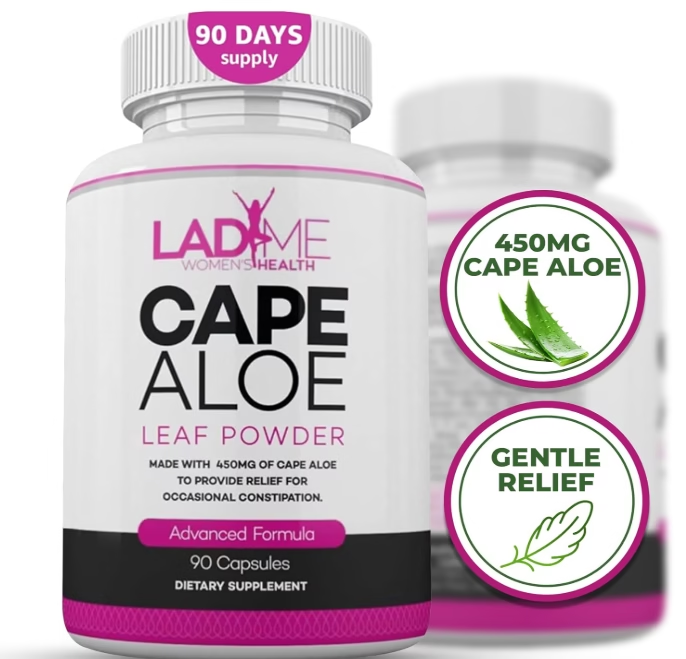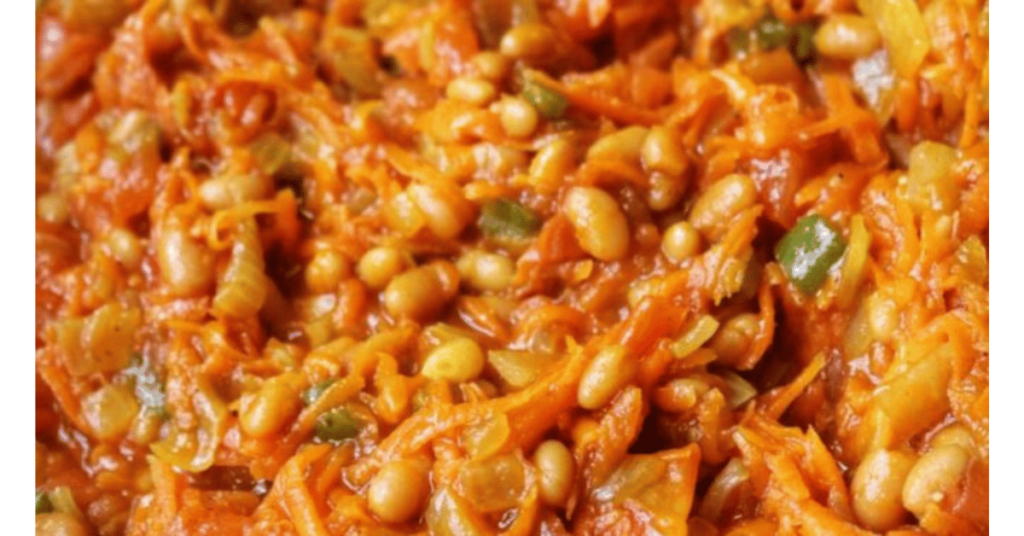Vegan Diet for Gut Health in South Africa: Ultimate Guide 2025

This is your ultimate guide to a vegan diet for gut health in South Africa in 2025.
So, if you want to:
- Know how South Africans are experiencing a 43% rise in digestive health problems.
- Discover South African plant foods for gut health.
- How to transition to a gut-healing vegan diet in South Africa.
Then you’ll love this new guide.
Let’s dig in.
Understanding Gut Health Fundamentals
What we eat shapes our gut microbiome.
I’ve learned this on my journey to better digestive health. When I switched to a vegan diet here in South Africa, I was amazed at how quickly my digestive issues improved!
Your gut has trillions of bacteria. These tiny organisms affect digestion and immunity. These little helpers thrive on many types of plants, which is why a vegan diet can be beneficial. Studies show that people on plant-based diets often have a more diverse microbiome than meat eaters.
Many South Africans face gut health problems such as IBS, SIBO, and leaky gut. These conditions often stem from our modern diet, which is high in processed foods and low in fibre.
Moreover, stress levels in our fast-paced society certainly don’t help matters!
Plant-based diets aren’t just “rabbit food.” They won’t leave you hungry, despite what you may have heard.
On the contrary, they’re rich in prebiotics that feed beneficial gut bacteria. Studies show that vegans have more good bacteria. This helps reduce inflammation and improve digestion.
Fibre is vital for gut health. It works like a broom, cleaning your digestive tract. Using Indigenous South African plants, such as morogo and amadumbe, has dramatically increased my fibre intake.
Going vegan for intestinal health takes time. Remember, it won’t happen overnight. Nevertheless, you’ll likely notice positive changes within weeks with patience and consistency. Your gut will thank you!
South African Plant Foods for Optimal Gut Health
I’ve spent years visiting local markets in South Africa. We’re so lucky to have amazing plants for gut health! Indigenous vegetables have become my secret weapon for maintaining digestive wellness.
Morogo, or African spinach, is now a kitchen staple for me. It’s full of fibre that feeds good gut bacteria.

Amadumbe (taro root) is resistant to starch. This starch acts like a prebiotic, feeding your good gut bacteria. Don’t overlook sorghum, either! I substitute it for rice frequently, and my digestion has improved tremendously.
When it comes to prebiotic-rich foods, South African markets are treasure troves!
I often grab Jerusalem artichokes, leeks, and green bananas. They all have inulin, a strong prebiotic fibre.
Garlic and onions grown nearby are high in sulfur compounds. These compounds help detoxify the gut.
Fermented foods are my favourite gut healers!
Traditional achaar (pickled vegetables) contains live probiotics that diversify your gut microbiome. Mageu (fermented maize porridge) is my favourite breakfast for adding good bacteria.
Interestingly, I’ve noticed significant price differences between regions.
Cape Town’s farmers’ markets sell organic goods at high prices. In contrast, rural areas have cheaper indigenous vegetables. However, they offer fewer speciality items, like kombucha.
In summer, I enjoy guavas and granadillas for their soluble fibre. I turn to root vegetables like sweet potatoes and beetroot in winter to support my gut. Spring brings wild greens, while autumn gives us fibre-rich pumpkins and butternuts. These foods help your gut all year long!
Transitioning to a Gut-Healing Vegan Diet in South Africa
While it wasn’t simple, switching to a plant-based diet improved my intestinal health. The change calls for patience.
Adding more vegetables to my plate instead of cutting out foods made the change less overwhelming.
First and foremost, go slow! I began with “Meatless Mondays ” and gradually expanded to more plant-based days each week. I focused on vegan South African dishes. Umngqusho, samp and beans, and vegetable potjiekos made the transition familiar.

Be prepared for some digestive adjustments initially. When I suddenly increased my fibre intake, bloating was inevitable!
Drinking lots of water and adding digestive herbs like mint and fennel tea made a big difference. You can find these at most Spars and Pick n Pays.
Stock up on dried beans, lentils, and seasonal veggies from local markets. This is great for budget-friendly shoppers in townships.
If you’re close to cities like Johannesburg or Cape Town, speciality stores have tempeh and nutritional yeast. These foods help support gut diversity.
Cultural considerations can’t be overlooked!
When my family questioned my choices at braais and gatherings, I shared tasty plant-based dishes. I didn’t want to make a fuss. Making traditional vegan dishes, like lentil bobotie, helps strengthen cultural ties.
Eating out has become easier, too! Restaurants like Lexi’s in Cape Town and Fresh Earth in Johannesburg provide vegan options for your gut.
Indian restaurants often offer vegan curries, which usually feature gut-friendly spices such as turmeric and cumin. Don’t hesitate to make special requests. South African restaurants are increasingly willing to help!
Potential Challenges and Solutions
When I adopted a vegan diet for gut health in South Africa, I quickly had nutrient worries. I worried most about B12 deficiency. Luckily, I found good supplements at Dis-Chem and Clicks across the country.
I also increase my iron intake by eating morogo, spinach, and vitamin C-rich fruits like guavas. This helps my body absorb iron better. I often eat pumpkin seeds and chickpeas for zinc. They are easy to find and affordable.
I’ve had great success with local probiotics from Ethical Nutrients and Flora Force.
I also take Cape Aloe Ferox supplements. This native plant heals the gut and costs less than imported options.

Rural living initially presented challenges, but I’ve developed creative solutions. I now ferment vegetables when fresh ones are hard to find. I also grow nutrient-rich microgreens on my windowsill. I’ve also linked up with local farmers for direct access to fresh produce. It’s been a game-changer!
Balancing traditional cuisine and gut health felt hard at first. But I’ve found some remarkable adaptations.
I make vegan chakalaka with beans and onions full of prebiotics. I also swap beef for lentils in traditional stews and use coconut milk instead of cream in many dishes, as coconut milk soothes my digestive system.
The social aspects were perhaps the most challenging. Family braais and traditional ceremonies usually focus on meat. I handle this by bringing gut-healthy vegan dishes to share. I focus on the health benefits of my diet instead of ethical reasons. This approach has helped lessen resistance in my community.
Gut-Healing Vegan Recipes with South African Flavors
I’ve improved my gut health with tasty South African vegan dishes. I’m excited to share my favourite recipes!
First on my list is homemade kimchi with a Cape Malay twist. I add turmeric and local cabbage. Then, I ferment it for a week. This probiotic powerhouse has single-handedly improved my digestion!
Budget-conscious cooking doesn’t mean sacrificing flavour or gut health.
My favourite budget meal plan includes overnight oats and coconut yoghurt for breakfast. For lunch, I enjoy chickpea bobotie. Dinner is a filling three-bean potjie. I also enjoy homemade amadumbe chips. They cost much less than store-bought ones and help good gut bacteria.
Traditional recipes can be gut-friendly! I’ve veganized my grandmother’s umngqusho by adding extra beans and Indigenous spinach.
My plant-based chakalaka also has fermented cabbage. This adds probiotics, which my ancestors would have liked, and it helps with today’s digestive needs.

For busy days (and we all have them!), I rely on quick recipes like my 15-minute morogo and chickpea wrap. My make-ahead butternut soup with ginger and coconut milk is a great time-saver. It also helps reduce inflammation and supports good gut bacteria.
Most importantly, these meals require minimal prep but deliver maximum digestive benefits.
Kids can be challenging to please. Still, my vegan “slap chips” made from sweet potatoes have wowed even the pickiest eaters in my family!
I make colourful smoothie bowls using local fruits and adding prebiotic fibres.
My vegan koeksisters with gut-friendly spices are now a weekend favourite. They show that healthy treats can boost gut health and keep family traditions alive!
Expert Insights and Resources
Building a strong support network is key to healing your gut with a vegan diet in South Africa! I regularly consult with experts who understand our unique food landscape.
Dr. Lindelwa Mkize, a nutritionist in Cape Town, changed my view. She said, “South Africans easily access Indigenous plants. Western gut-healing methods often overlook them. Morogo and amadumbe have special fibres that nourish the African gut microbiome.” Her advice transformed my approach to local foods!
Finding community support has been crucial on my journey. I’ve joined the Vegan Society of South Africa, which hosts monthly meetups in major cities.
Also, Facebook groups like “Plant-Based Gut Health SA” have linked me with others who share similar challenges. The “Johannesburg Plant Eaters” also organize shopping tours to budget-friendly markets. These tours are great for newcomers!
I strongly suggest you consult registered dietitians like Mpho Tshukudu. She focuses on gut health using traditional African foods.
Karen Horsburgh in Durban has guided many clients to gut-healing vegan diets. She creates personalized protocols for each person.
I often buy gut-friendly products from Leafy Greens Café’s online store, which delivers nationwide. I also love Uhuru Probiotics. They make vegan kefirs that are cultured nearby, which have greatly improved my digestive health.
I learn from the Plant-Based Health Professionals South Africa website. They offer evidence-based articles.
I also attend workshops at the Sustainability Institute near Stellenbosch. They offer courses on fermentation and traditional food preservation. These skills are key for keeping my gut healthy with the changing seasons!
Conclusion
So, that’s my ultimate guide to a vegan diet for gut health in South Africa in 2025.
A vegan diet can boost gut health in South Africa. It also respects our diverse food culture and rich biodiversity.
Focusing on local plant foods, traditional fermentation, and cultural recipes can heal your gut. It also celebrates South African culinary traditions.
Your path to better digestive health is personal. Start small. Listen to your body, then slowly add more plant variety. Your gut microbiome will thank you!
I want to turn it over to you: what did you think about this guide? Or maybe there’s something I missed.
Let me know by leaving a comment below.
